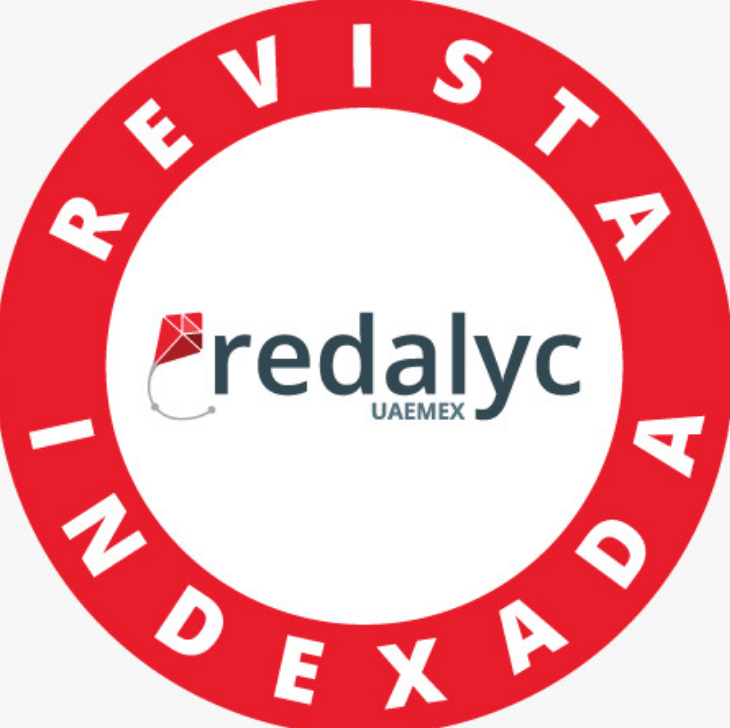Editorial
Keywords:
Editorial of Number 1 Volume 7 of Latin-American Journal of ComputingAbstract
No one could have imagined the unusual interest in science and technology that the context of the pandemic sparked. The incessant questioning in a time marked by uncertainty demands urgent answers from science and research to explain, examine possible solutions, and envision a post-COVID-19 scenario. Although health sciences play a crucial role, the multiple edges of this health emergency unfailingly call for the conjugation of all disciplines for their urgent and rigorous contribution. Engineering, especially artificial intelligence, health, and communication technologies, along with the social and human sciences, are allowing us to face emerging situations, enhance epidemiological surveillance and sustain the socio-economic fabric. Information technologies provide solutions for monitoring symptoms and the consequent prevention of care needs; they also allow knowing the location of people, guaranteeing physical distance, and maintaining social closeness. The different communication alternatives provide the right to access timely information and strengthen the community fabric to face risks as well as becoming aware of infection prevention and control measures. When approaching towards technologies became mandatory, deep asymmetries were uncovered, but at the same time, when exploring the potential of digital tools, new ways and modalities gained strength: teleworking, videoconferencing software, online courses, telemedicine, virtual classrooms and a long etcetera of solutions that have become a part of daily living that is expected to be temporary. On the other hand, the use of intrusive tools in an emergency context poses challenges and dangers. For instance, facial recognition could play an important role in guaranteeing compliance with the basic prevention guidelines established by health authorities, but limits must be observed to avoid violating the right to privacy and confidentiality of personal data. Regarding surveillance measures, there is a risk that they will become permanent with capabilities and infrastructure that would hardly be unstructured. At the end of this crisis, we will have to appreciate learning, which entails shoring up education, science, technology and research as an inalienable and unavoidable commitment, constituting its investment not only as a governmental initiative, but also as a State policy. Our thanks to those who contribute daily to this Journal. This issue is dedicated to all the people who are on the first front to win the battle against COVID-19, exposing themselves to being infected for saving lives; and to those innumerable human beings who, from the countryside or the city, help with their work, often silent and invisible, to sustain the dynamics that make this strange everydayness bearable.
Downloads
Downloads
Published
Issue
Section
License
Copyright Notice
Authors who publish this journal agree to the following terms:
- Authors retain copyright and grant the journal right of first publication with the work simultaneously licensed under a Creative Commons Attribution-Non-Commercial-Share-Alike 4.0 International 4.0 that allows others to share the work with an acknowledgement of the work's authorship and initial publication in this journal.
- Authors are able to enter into separate, additional contractual arrangements for the non-exclusive distribution of the journal's published version of the work (e.g., post it to an institutional repository or publish it in a book), with an acknowledgement of its initial publication in this journal.
- Authors are permitted and encouraged to post their work online (e.g., in institutional repositories or on their website) prior to and during the submission process, as it can lead to productive exchanges, as well as earlier and greater citation of published work.
Disclaimer
LAJC in no event shall be liable for any direct, indirect, incidental, punitive, or consequential copyright infringement claims related to articles that have been submitted for evaluation, or published in any issue of this journal. Find out more in our Disclaimer Notice.











